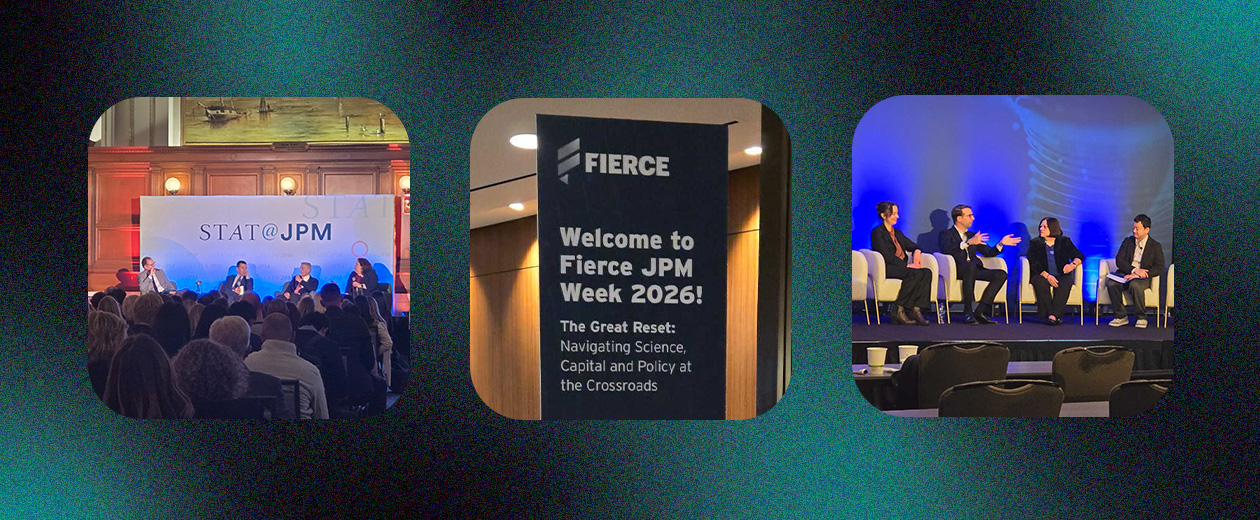
January 29, 2026
January 29, 2026

Reading time
July 10, 2024
April 26, 2013

Until recently, I was a professional journalist. And Like most reporters, I had a healthy cynicism about the public relations industry. There’s an “us” versus “them” mentality in newsrooms that casts reporters as noble warriors in the battle for the truth and PR people as the minions of corporate clients who conflate news with marketing. The sentiment can be summed up in one word: flack. That’s journo shorthand for PR rep and it’s usually said with more than a hint of derision.
Now that I’ve gone to “the dark side,” I’m seeing how unfair many of the generalizations are about PR. Here are five myths that I’d like to expose:
This is one of the most common misperceptions about this industry, and I’m guilty of believing it, too. In one of my interviews for this job, I actually said (and I cringe to think of it now), “I can work in PR; I’m good at schmoozing.” Of course, it was slightly tongue-in-cheek. But after seeing what it’s really like, I’m truly humbled. The work is intellectually demanding, requiring PR reps to be an expert in their chosen sectors and a master of a range of strategic communications functions – corporate brand building, thought leadership, product awareness, among others. They do this behind-the-scenes with little to no recognition or respect. Sure, they know how to throw a party, but that is only one small part of what they do.
When I was a journalist, I received a lot of pitches that had absolutely no news value. Usually the PR person realizes the futility of these pitches. Any PR firm worth its salt pushes back against clients that demand this “spray and pray” approach. Reporters can help minimize these types of pitches by offering polite feedback that can then be passed on to the client. That’s good karma. We’re all just trying to do the best we can, regardless of which side of the pitch we’re on.
I’ve heard journalists complain about lazy PR people and make comments like “a monkey could write a better press release.” I’d like to meet that monkey. Seriously though, yes, there is a range of quality and competence in any industry, even among journalists. What I’m seeing in PR is people working really long hours, thinking creatively, writing well and diplomatically juggling the demands of clients and stressed reporters. I’m also heartened to see that the art of quality writing and editing has not been superseded by the need for speed, as it has on many news websites.
It sucks that reporters are not adequately compensated for the work they do, particularly investigative journalists who are all but extinct. But given the shrinking market and decline of old-school journalism standards, jumping to a field where good writing is still valued and well compensated is completely understandable. I made the change because of burnout from more than two decades of covering breaking news and the opportunity to work a flexible schedule. The truth is despite the job losses in traditional media and lower pay, there will always be people who want to be journalists. The more serious problem, in my opinion, is the disproportionate voice big companies have compared with public interest concerns — a systemic problem as evidenced by the power lobbyists and corporate financed PACs wield. Meanwhile, consolidation continues to hinder the ability of media outlets to be independent of corporate influence, even in the technology sector. (For more on this read: PR Industry Fills Vacuum Left by Shrinking Newsrooms)
There’s no question there are unethical tactics used in PR — reading Toxic Sludge is Good for You! will boil your blood. But you have to consider who the clients are, what their practices are, and how transparent they are. Even the news industry is not immune; just look at the “phone hacking” scandal of News International. The majority of tech PR work is not about “spin” or restricting access to the facts. It’s about helping companies craft their “story” and stand out from all the noise. Isn’t that what everyone wants?
No doubt I’ll be accused of being naive and having drunk the Kool-Aid. So be it. This is just the perspective of a person who is walking in someone else’s shoes now.
(This is the final article in a three-part series, preceded by: How I Became a ’Flack’ and Goodbye News, Hello PR.)
Elinor Mills is director of content and media strategy at Mission North. She joined the firm in 2012 after working as a journalist at Associated Press, Reuters, IDG, Industry Standard, and CNET.

January 28, 2026
January 28, 2026

January 8, 2026
January 8, 2026

January 7, 2026
December 18, 2025